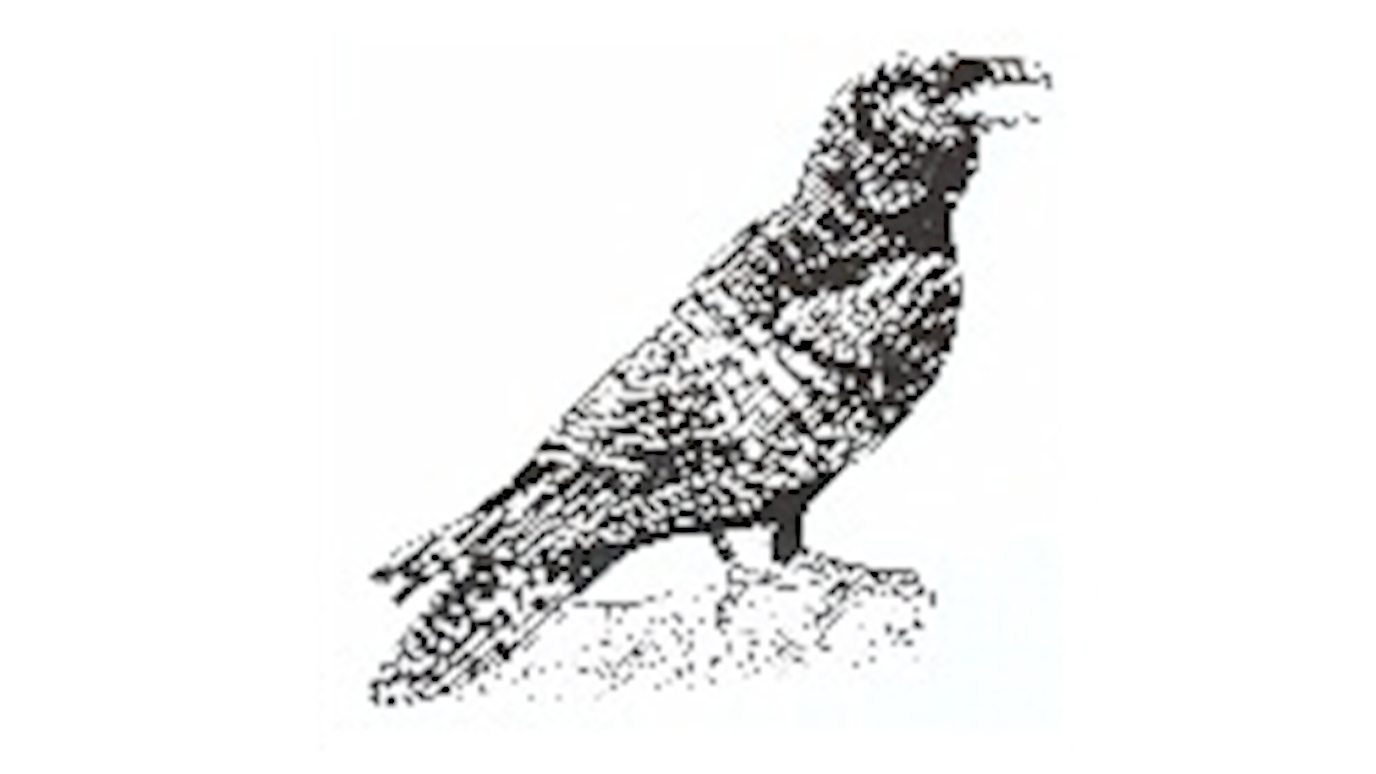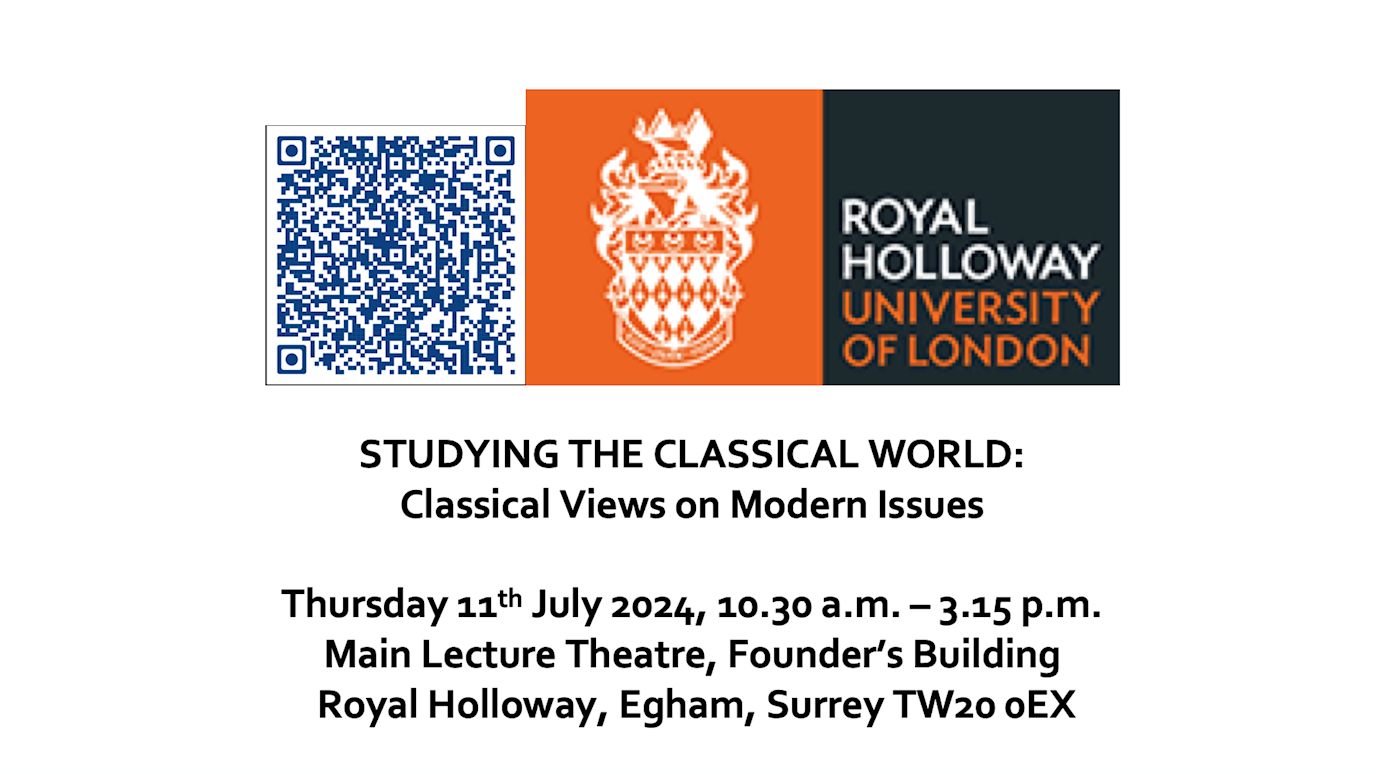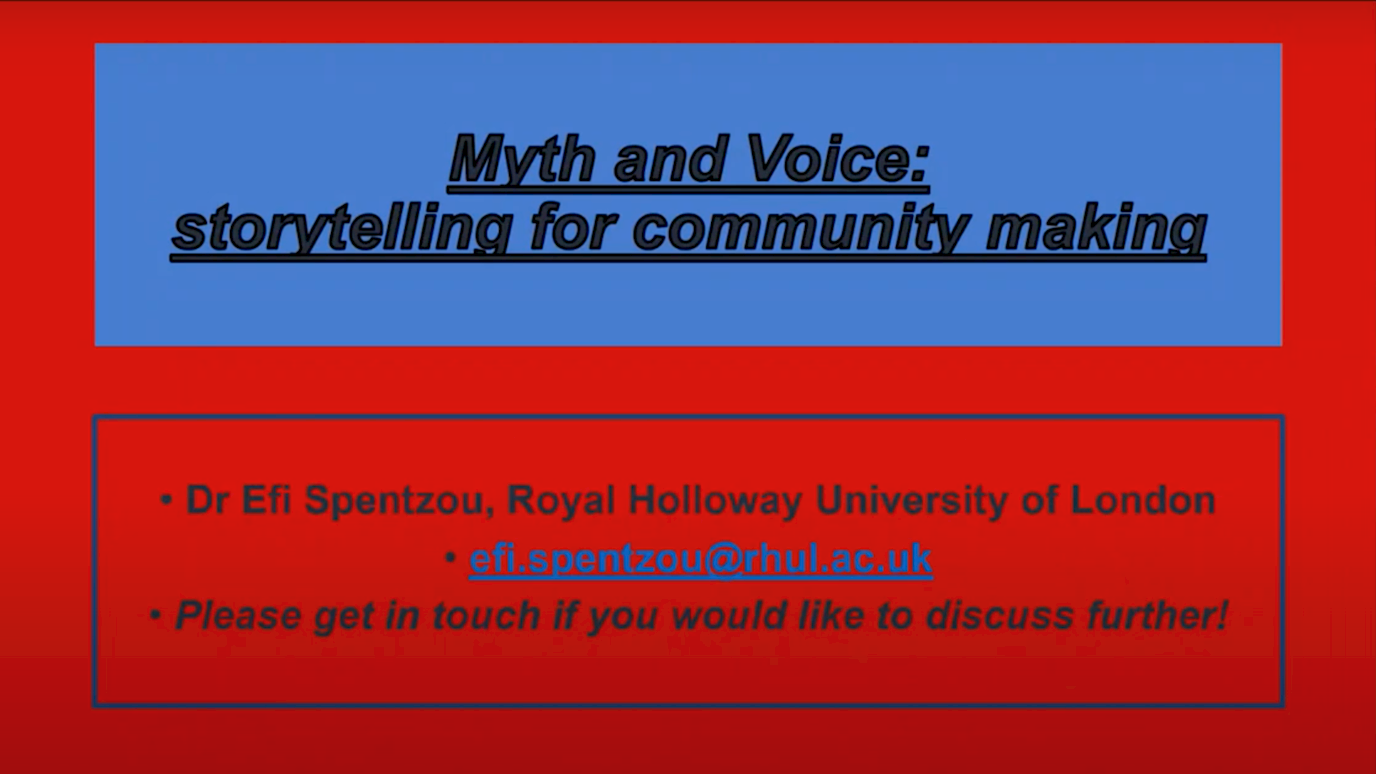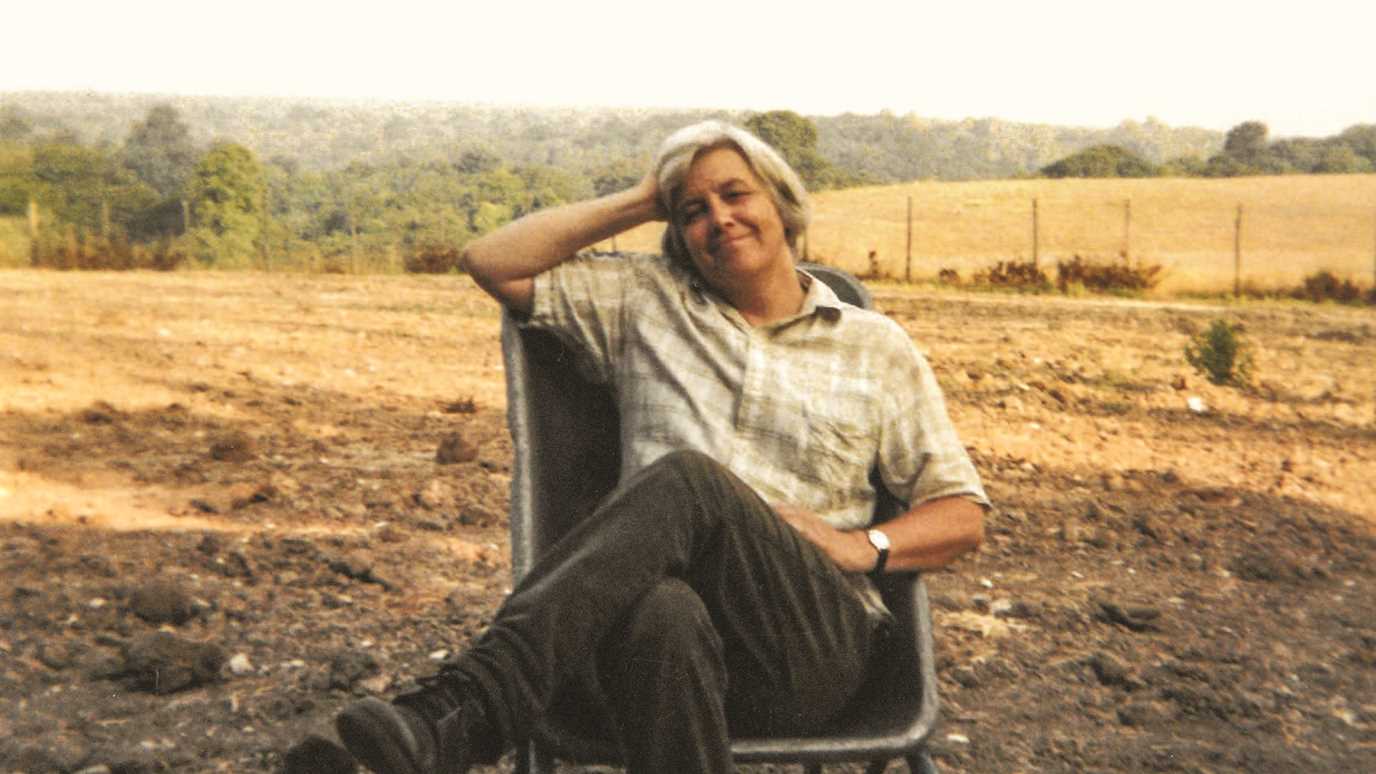Ellis Cuffe (PhD Candidate) presents 'The Micro-Histories of Rural Romano-Egyptian Households' at the ‘Ancient Poverty and Vulnerability: Gendered and Life Cycle Approaches’ Conference (Manchester Metropolitan University).
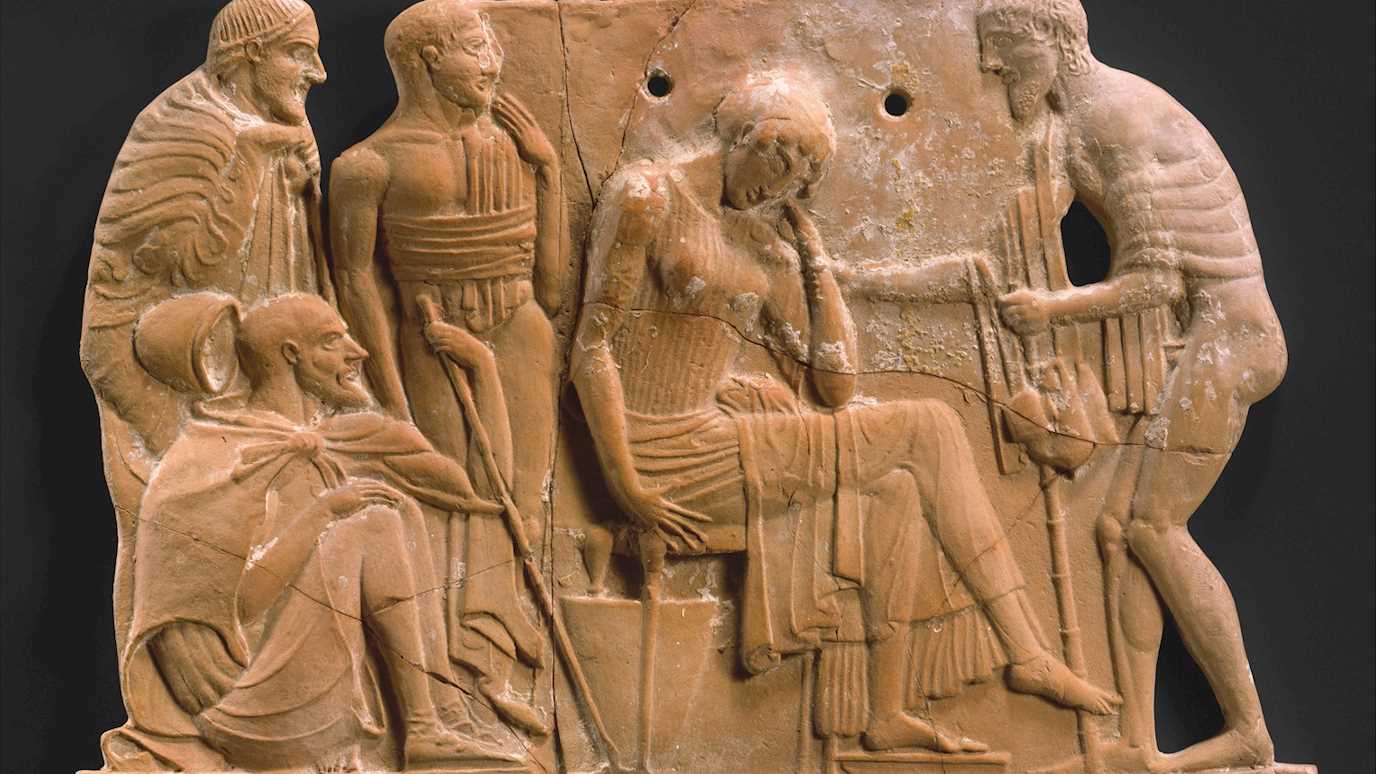
Image of a terracotta plaque depicting Odysseus returning to Penelope with members of their household (Public Domain - https://www.metmuseum.org/art/collection/search/253053)
‘Poverty and Vulnerability in Classical Antiquity: Gendered and Life Cycle Approaches’ is hosted by Manchester Metropolitan University’s History Research Centre, and the interdisciplinary Manchester Centre for Youth Studies. The conference aims to examine, and propose fresh perspectives on, aged and gendered experiences of poverty and vulnerability, linked to the life-cycle of households and families, across the Greek and Roman worlds.
Ellis’ paper explores the micro-histories of rural, Romano-Egyptian households located in the Faiyum village of Karanis (ca. AD 160-180) through ‘livelihood’ and ‘life-course’ approaches. The evidence attested in the papyrological archives of Ninnaros, Diodora, and the Karanis Tax Rolls offer an unparalleled opportunity to study a range of coping strategies adopted by rural households. These ensured annual and generational socio-economic reproduction in response to a dynamic and culturally diverse colonial environment. Survival in the prelude and wake of the Antonine plague required shrewd household management of mortality, reproduction, and agricultural risks. Success facilitated adaptation to new risks, uncertainties, and opportunities. The outcomes of the paper include an expanded understanding of the households attested in the Ninnaros and Diodora archives through cross-examination to the Tax Rolls. In addition, it identifies attributes of age, gender, and disability in the members of these households and wider village community, as well as some of their available economic resources. Moreover, it identifies age and gender management strategies enacted through marital, fertility, and residential decisions. Of particular interest are the close biological and topographical distances of the village marriage market. This methodology has future scope for application to several other key examples, including other villages of the Faiyum between the early C1st – C4th AD, villages in Upper Egypt (Thebes & Elkab) C1st – C2nd AD, and Western Oases C3rd – C4th AD. Comparative analysis to structurally similar societies in sub-Saharan Africa and south/east Asia will also help understand the internal dynamics of rural Romano-Egyptian households.










